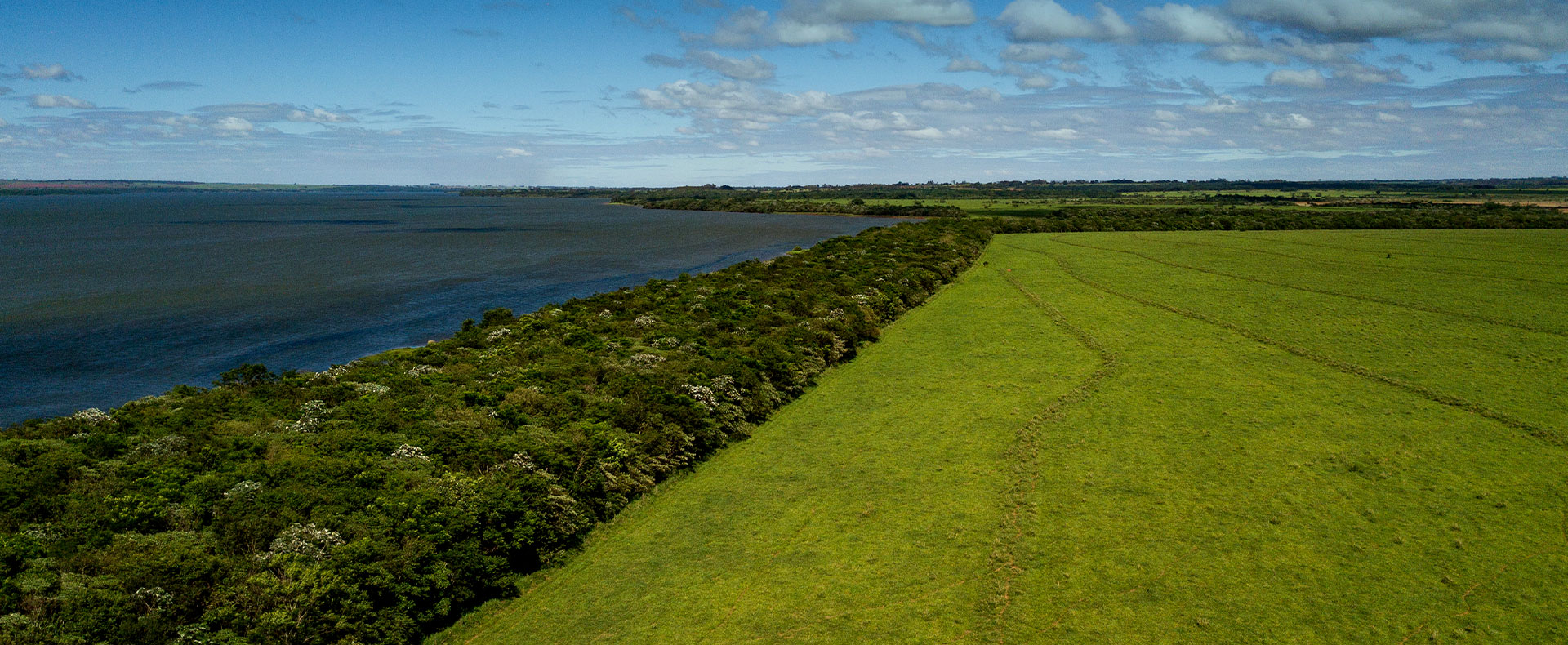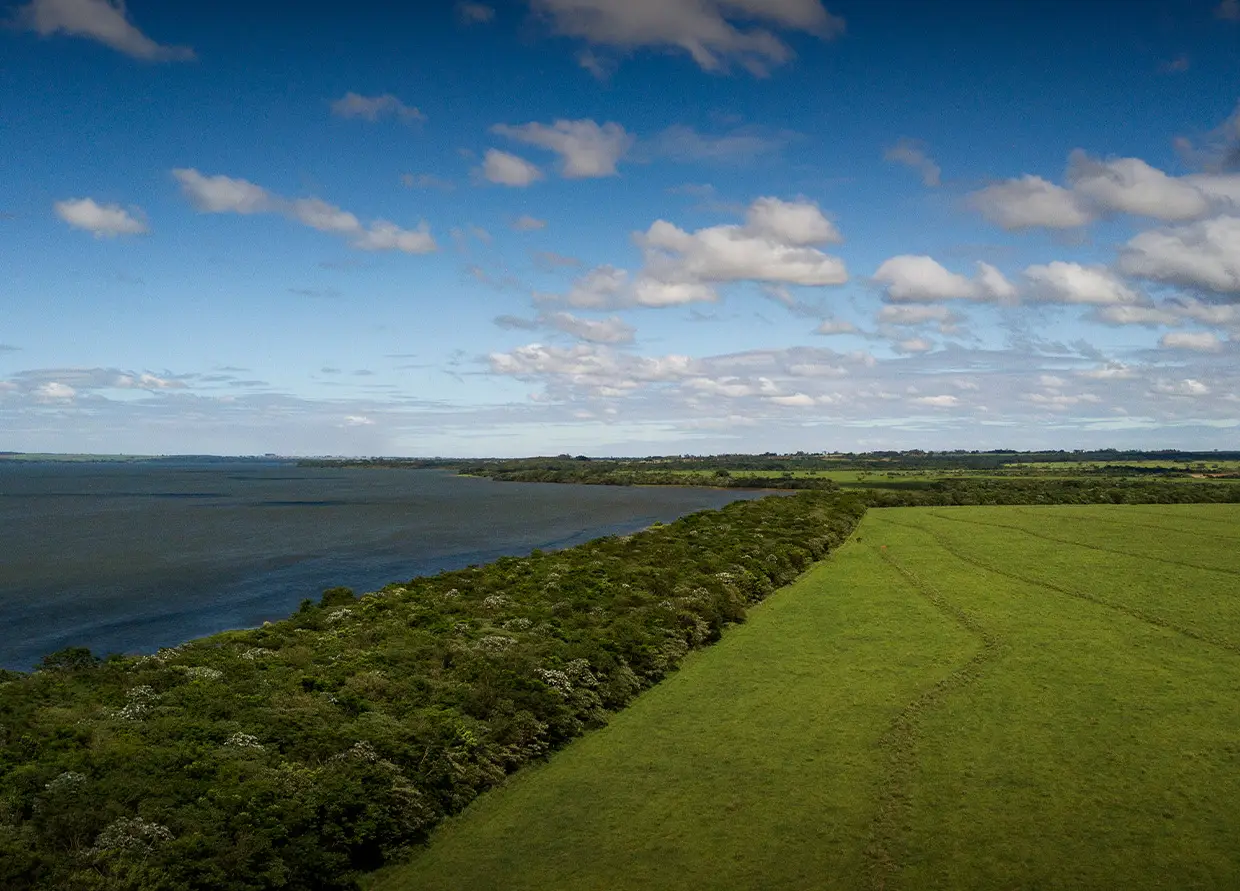
Research carried out by the journal Nature Communications shows that the world’s population prefers to adopt Nature-based Solutions in order to sequester Greenhouse Gases (GHG) from the atmosphere.
A Recent study published by the journal Nature Communications has revealed a worldwide trend regarding the public’s preferences for solutions to combat climate change. Carried out in 22 countries, both developed and developing, and covering various regions, the study highlights the urgency perceived by the population in tackling this global challenge. Among the countries analyzed, Brazil, the United States, China and Germany stand out.
The research presented five carbon sequestration techniques: reforestation; soil management; Direct Air Capture with Carbon Storage (DACCS); Enhanced Weathering (EWR); and Bioenergy with Carbon Capture and Storage (BEECS).
Among the tools evaluated for capturing CO2 in the atmosphere, Nature-based Solutions, such as reforestation and restoration of degraded areas (ARR), emerged as the most preferred by the public in all research groups.
These techniques not only capture carbon, but also offer additional benefits, such as the preservation of biodiversity, the socio-economic development of local communities and the strengthening of the resilience and adaptive capacity of natural ecosystems.
In addition, respondents said that another great advantage of Nature-based Solutions is that these techniques foster environmental education, resulting in individuals who were previously vectors of deforestation, such as some rural landowners, becoming engaged and understanding the importance of reforestation and the restoration of degraded areas for the improvement of local ecosystems and, consequently, becoming more deeply engaged in restoration activities.

The survey also showed that, in countries with tropical forests, participants linked afforestation and reforestation efforts to prohibiting or discouraging deforestation, even though this practice reduces rather than removes carbon. In other words, several participants stressed the importance of multiple forest protection systems for mitigating climate change.
At Ambipar, we share this vision and believe that conserving and restoring forests is the most appropriate way to overcome the global climate crisis. Trees are our oldest technology for playing a crucial role in carbon sequestration, acting as guardians of the climate balance. Through photosynthesis, they absorb carbon dioxide from the atmosphere, converting it into oxygen and storing the carbon in their biomass and in the soil.
This process, in addition to mitigating the effects of climate change by reducing the concentration of greenhouse gases, also contributes to maintaining biodiversity, the health of terrestrial ecosystems and the maintenance of the natural water cycle. Thus, preserving and expanding forests is fundamental to meeting global climate challenges.
That’s why we’re developing the Corridors for Life ARR Project with the Institute of Ecological Research – IPÊ, which aims not only to capture carbon, but also to restore ecosystems, conserve biodiversity and promote sustainable socio-economic development through job creation, training and empowerment of local communities.
Results of the Corridors for Life ARR Project

To date, the project has planted an impressive total of 2,688,986 seedlings of more than 100 species of trees native to the Atlantic Forest, covering 1,501 hectares of degraded areas and making a significant contribution to preserving biodiversity in one of the world’s most threatened biomes. In monitoring the project areas, 174 species of trees, 166 birds and 27 mammals have already been identified.
In the social sphere, all this work is responsible for fostering 10 community nurseries, 11 restoration service companies and two IPÊ teams, generating employment and income for 188 people, including 53 women and 54 young people, thus strengthening local economies. In addition, through training and community empowerment activities, the project indirectly benefits a further 492 people.
But the numbers go further. The Corridors for Life ARR Project has the potential to sequester an impressive 29 million tons of CO2e over 50 years by restoring 75,000 hectares of degraded and priority areas for landscape conservation in Pontal do Paranapanema, a region located in the far west of the state of São Paulo. In addition, the project promotes environmental education, research and scientific development activities and encourages the development of new local companies in the restoration chain, contributing to the sustainable development of communities.
Validated by Verra’s Verified Carbon Standard (VCS) and Climate, Community and Biodiversity (CCB) standards, the project guarantees its compliance with the strict criteria of the certification standards, reinforcing its credibility and transparency. By getting involved with the Corridors for Life ARR Project, you not only become part of a vital initiative to combat climate change, but also contribute to building a more sustainable and resilient future for all.

Annie Groth
Head of Advocacy & Engagement
Ambipar



